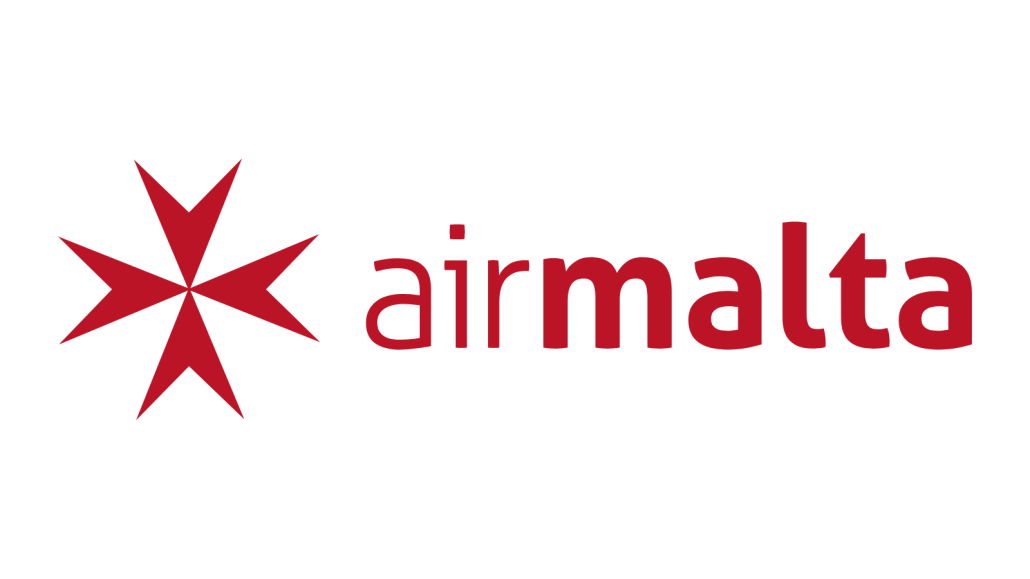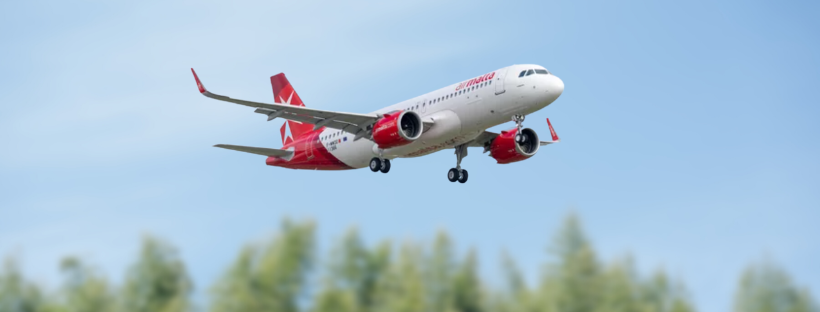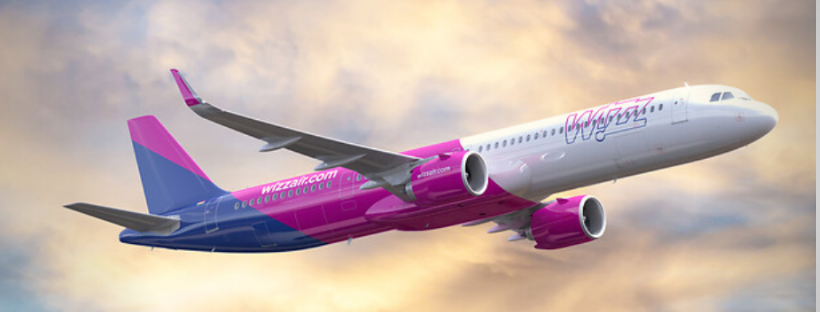Britain’s aviation industry has come together to operate a net zero flight.
The short flight – British Airways BA1476 from London Heathrow to Glasgow Airport – was powered directly by sustainable aviation fuel (SAF), provided by bp, blended at 35% with traditional jet fuel in accordance with technical aviation specifications. The remaining emissions produced by the flight were offset.
The aim of the flight was to show how far the aviation industry has progressed in its efforts to decarbonise over the last decade. Several factors within the journey were calibrated to achieve minimal emissions – from British Airways’ Airbus aircraft being pushed back by electric Mototok vehicles powered by Heathrow’s supply of 100% renewable electricity, to flying on the most direct routing and optimal flight level.
The flight was operated by an Airbus A320neo, the quietest and most fuel-efficient short-haul aircraft currently in British Airways’ fleet.
Air traffic controllers at NATS directed the aircraft on its continuous climb from Heathrow and descent into Glasgow, avoiding any levelling off, which causes an increase in fuel burn. The most direct routing was provided by NATS as well as the most optimal flight level and the aircraft was able to land without airborne holding; techniques that successfully saved fuel and reduced emissions.
The flight achieved a 62% CO2 emissions reduction compared to a decade ago – 34% from efficient aircraft and operations, 28% from the use of sustainable aviation fuel and the remaining 38% offset using high quality, verified carbon offsets.
This move towards the ‘Perfect Flight’ showcases a number of the solutions that can help to reduce emissions associated with flying. The industry can use sustainable fuels, reduce fuel consumption by using more efficient routes in the air, and utilise electric plug in power while on the ground to make flights more sustainable. Airports can also follow Heathrow’s lead by offsetting remaining emissions, using natural solutions such as tree planting and peatland restoration to remove carbon.
SAF is a proven technology that can work across the world to decarbonise aviation. While the solutions exist, the UK Government needs to urgently implement policies to scale up SAF, encourage the production of sustainable fuel and have the right price incentives for airlines to use it. This includes setting escalating mandates that requires a minimum of 10% SAF use by airlines by 2030, which British Airways and its parent company IAG committed to recently, increasing to at least 50% by 2050.
Heathrow has been at the forefront of advocacy and change on reducing carbon emissions in the aviation sector. In addition to incorporating the first shipment of SAF into its fuel supply system back in June, the major airport has been running on 100% renewable electricity for almost 5 years, with ongoing plans to switch from gas heating by the mid-2030s, becoming fully zero carbon. 90% of the airport’s cars and small vehicles are electric, with £7m invested in electric charging points. Heathrow’s one of the best-connected airports in the country by public transport with Crossrail soon connecting travellers through central London in addition to the tube and Heathrow Express.
Heathrow CEO, John Holland-Kaye told us:
The Perfect Flight shows that the solutions to deliver net zero flight exist, we just need to scale them up. The faster we scale up supply and use of sustainable aviation fuels, the faster we can decarbonise aviation and protect the benefits of flying in a world without carbon. What is needed urgently is for Government to introduce policies to increase the supply of SAF and to provide the right price incentives for airlines to use it.
British Airways’ Chairman and CEO, Sean Doyle said:
This flight offered a practical demonstration of the progress we’re making in our carbon reduction journey. By working together with our industry partners we’ve delivered a 62% improvement in emissions reductions compared to a decade ago. This marks real progress in our efforts to decarbonise and shows our determination to continue innovating, working with Governments and industry and accelerating the adoption of new low carbon solutions to get us closer still to the Perfect Flight of the future.
With BA Better World, we’re making progress on our journey to a sustainable future and have adopted a range of short, medium and long-term initiatives to get us to net zero emissions. Together, we can build a future for aviation that delivers the wonders of air travel while reducing the impact on the environment.
Airbus’ Executive Vice President Corporate Affairs and Communications, Julie Kitcher, told us:
The A320neo is a great example of how far our industry has come. It meets all the ICAO environmental standards thanks to advances in engines, aerodynamics, cabin and flight operations. The A320neo burns 20% less fuel, which means less CO2, compared to its predecessor and is 50% quieter.
BP Aviation Division CEO, Martin Thomsen said:
We are honoured to join forces with British Airways on this important initiative. At bp we are focusing on working with hard-to-abate sectors, such as aviation, as part of our ambition to be net zero by 2050 or sooner and to help the world get there too. By working collaboratively with industries, we can help to accelerate decarbonisation and we believe SAF will be one of the key solutions to fulfil this for the aviation sector.
Glasgow Airport CEO, Derek Provan said:
This flight demonstrates the progress the industry has made during the last decade and how we can work collectively to decarbonise aviation. As one of the UK’s largest airport groups, we are committed to achieving net zero by mid 2030s. This involves decarbonising our own infrastructure, including the roll out of fixed electrical ground power (FEGP), which is powered using 100% renewable energy sources.
NATS CEO, Martin Rolfe said:
Live demonstrations like this show just what is possible and are an important step on the aviation industry’s path to net zero by 2050. We can learn a lot from flights like these, as they help us understand how to redesign the airspace over the UK and play our part in making flying sustainable for the future.










